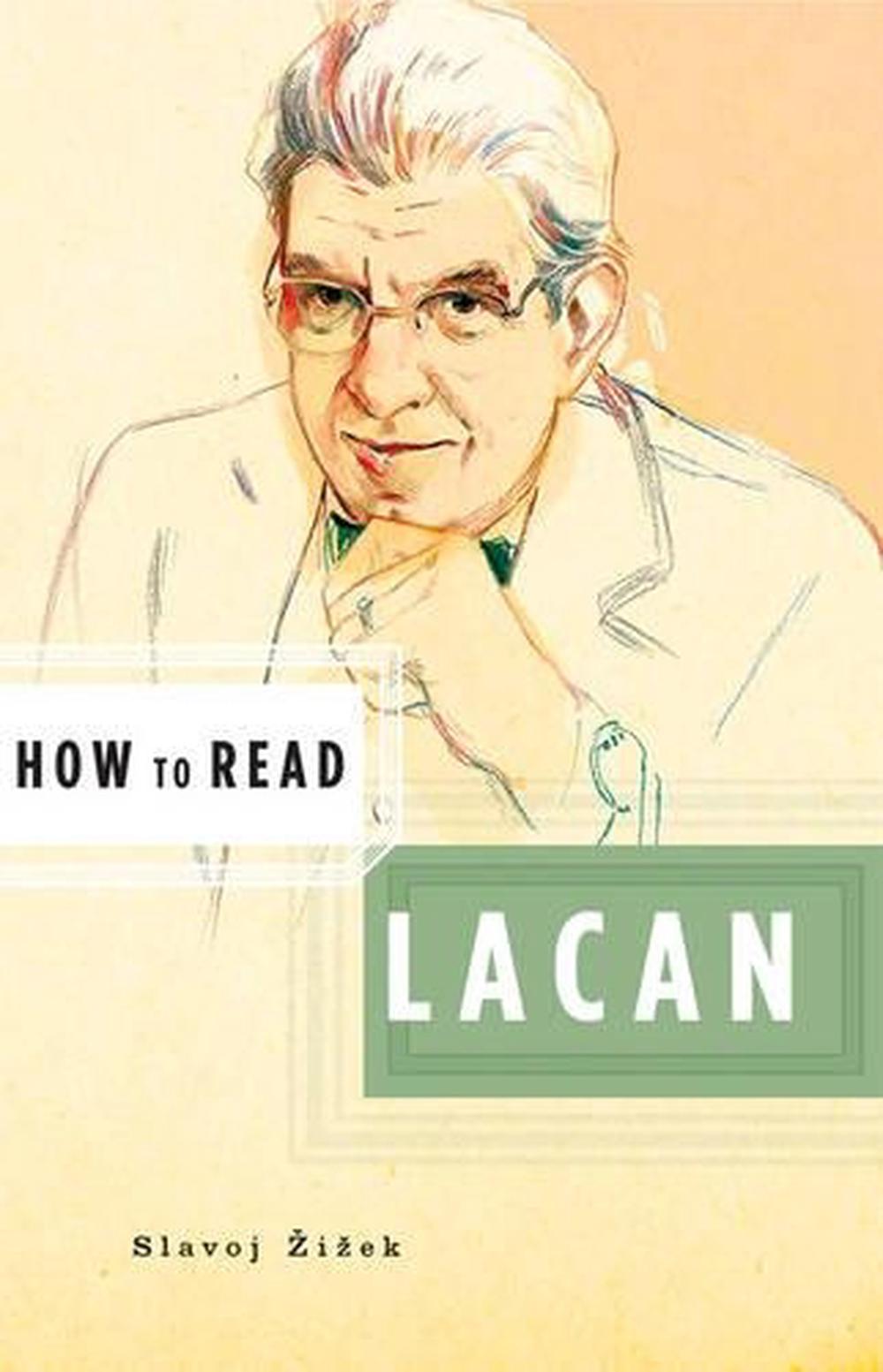

The big question is can that something be articulated.How to Read Lacan (How to Read) book download It keeps me entertained but drives the analytic side crazy, yet somehow I seem to get something out of it.

You don’t feel like it is connected but in some dreamlike way it all ties together. He ranges across high culture, pop culture, art and garbage. He does not stick to any subject for more than a paragraph, if even that. This may be the key to Žižek’s extraordinary popularity. The problem is I am not sure where (or even if) Lacan begins and the incessant activity of Žižek ends. In the end I may now understand Lacan better than I ever did before. But like any session of psychoanalysis, this constant avoidance makes the subject all the more present. Here I feel that Žižek is creating all this activity in order to avoid having to talk about Lacan.

“In psychoanalytic treatment, obsessinal neurotics talk constantly, inundating the analyst with anecdotes, dreams, insights: their incessant activity is sustained by the underlying fear that, if they stop talking for a moment, the analyst will ask them the question that really matters-in other words, they talk in order to keep the analyst still.” A style he, or perhaps the Other, describes in his discussion of false activity: Scott Fitzgerald, Zhdanov, Shakespeare, Samuel Beckett, Stanley Kubrick, Leibnitz and Donald Rumsfeld.) The style is classic Žižek. But also quote from Freud, Levi-Strauss, Rawls, Searle, Dennett, Marx, Lukacs, Kafka, Dostoevsky, F. But unlike other books in the series ( How to Read Wittgenstein, How to Read Sartre, etc.) I am not sure this one has all that much to say about its subject, in this case Jacques Lacan. Slavoj Žižek’s How to Read Lacan is very enjoyable to read, thought-provoking and often funny and amusing.


 0 kommentar(er)
0 kommentar(er)
